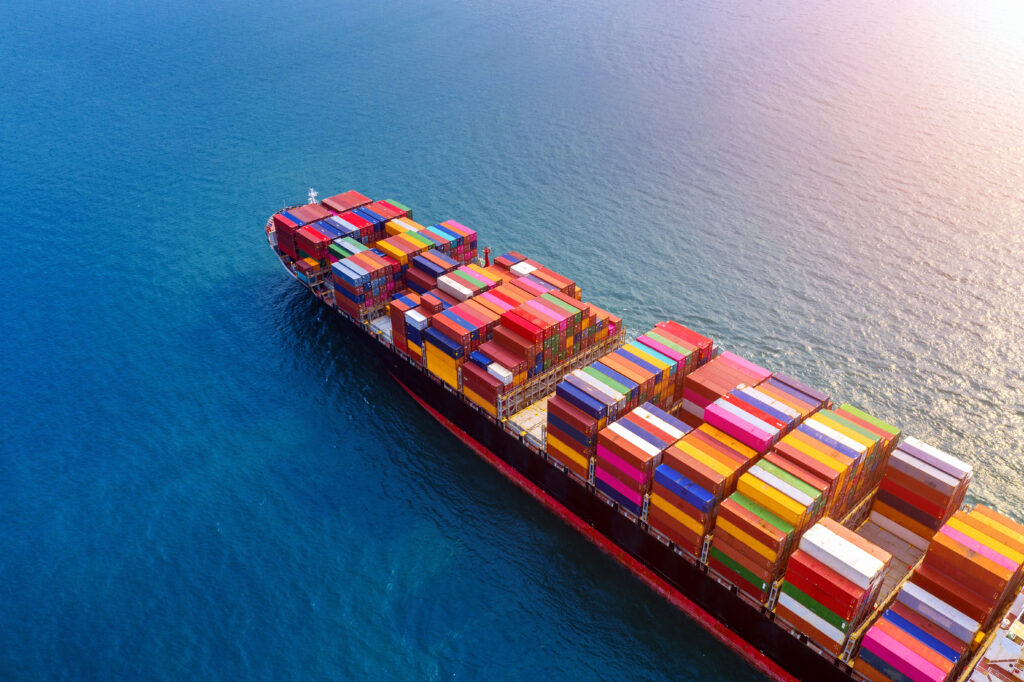In today’s globalized market, import and export of natural resources and agricultural products has become a highly profitable venture. However, ensuring the quality of these products is essential for maintaining a competitive edge and building a strong reputation in the international marketplace. For businesses like MVTT Global, which specialize in import and export and offer business insights, understanding the importance of quality control is crucial for long-term success. In this blog post, we will explore why quality control is indispensable in the import and export of natural resources and agricultural products.
The Importance of Quality in International Import and Export
1. Consumer Confidence and Trust: Quality is a cornerstone of consumer satisfaction. When customers trust the quality of imported or exported products, they are more likely to buy again and recommend these products to others. This leads to repeat business, enhanced brand loyalty, and a strong reputation in the import and export market.
2. Regulatory Compliance: Countries have strict regulations regarding the quality and safety of products involved in import and export. Failing to meet these standards can lead to trade barriers, fines, or even product recalls. Effective quality control helps businesses avoid legal issues and ensures smooth cross-border transactions.
3. Market Differentiation: In a competitive import and export environment, quality can set your business apart. Offering high-quality products that meet or exceed customer expectations allows businesses to position themselves as premium brands, commanding higher prices and greater customer loyalty.
4. Brand Reputation: Consistent delivery of quality products builds a positive brand image in the import and export market. A strong reputation based on trust and reliability attracts more buyers and creates lasting customer relationships.
5. Risk Mitigation: Subpar quality products can lead to returns, customer dissatisfaction, and even legal liabilities. Implementing robust quality control processes in your import and export operations helps minimize risks and protect your business from losses.

Challenges in Quality Control for Import and Export of Natural Resources and Agricultural Products
1. Variability: Natural resources and agricultural products often show variability in terms of quality, composition, and appearance. This makes it difficult to ensure uniform quality across the import and export supply chain.
2. Perishability: Many natural resources and agricultural products are perishable, requiring efficient handling, storage, and transportation to maintain quality. Without the proper infrastructure, spoilage during import and export can be a major issue.
3. Geographical Factors: Factors like soil conditions, climate, and altitude can influence the quality of agricultural products and natural resources, making it harder to standardize quality for import and export across different regions.
4. Supply Chain Complexity: The import and export supply chain often involves multiple intermediaries and transportation modes, increasing the risk of quality degradation or contamination during transit.
Strategies for Effective Quality Control in Import and Export
1. Standardization and Certification: Establishing clear quality standards and obtaining relevant certifications ensures that products meet international import and export requirements and maintain consistent quality.
2. Traceability: Implementing a traceability system enables businesses to track products from their origin to the end consumer. This helps identify and resolve quality issues in the import and export supply chain.
3. Inspection and Testing: Regular inspections and testing at various stages of the import and export process can prevent defects and ensure that only quality products are delivered.

4. Supplier Management: Building strong relationships with reliable suppliers is key to maintaining high-quality raw materials. A supplier quality management program can ensure that inputs in the import and export process meet required standards.
5. Training and Education: Training employees in quality control processes is essential for consistent product quality in import and export operations. Educating staff on best practices enhances their ability to spot and address quality issues.
6. Continuous Improvement: Adopting a continuous improvement approach, such as implementing ISO 9001 standards, allows businesses to proactively identify and correct quality issues within their import and export processes.
Why Quality Control is Essential for Import and Export Success
Quality control is critical to the success of any import and export business, especially when dealing with natural resources and agricultural products. By implementing effective quality control strategies, businesses like MVTT Global can build customer trust, enhance brand reputation, and achieve long-term success in the competitive international market.
If you’re involved in the import and export of natural resources or agricultural products, consider partnering with MVTT Global. Our expertise in import and export and quality control can help you navigate regulatory requirements, optimize your supply chain, and develop a quality management system that ensures product excellence. Contact us today to learn how we can support your business and help you succeed in the international import and export market.